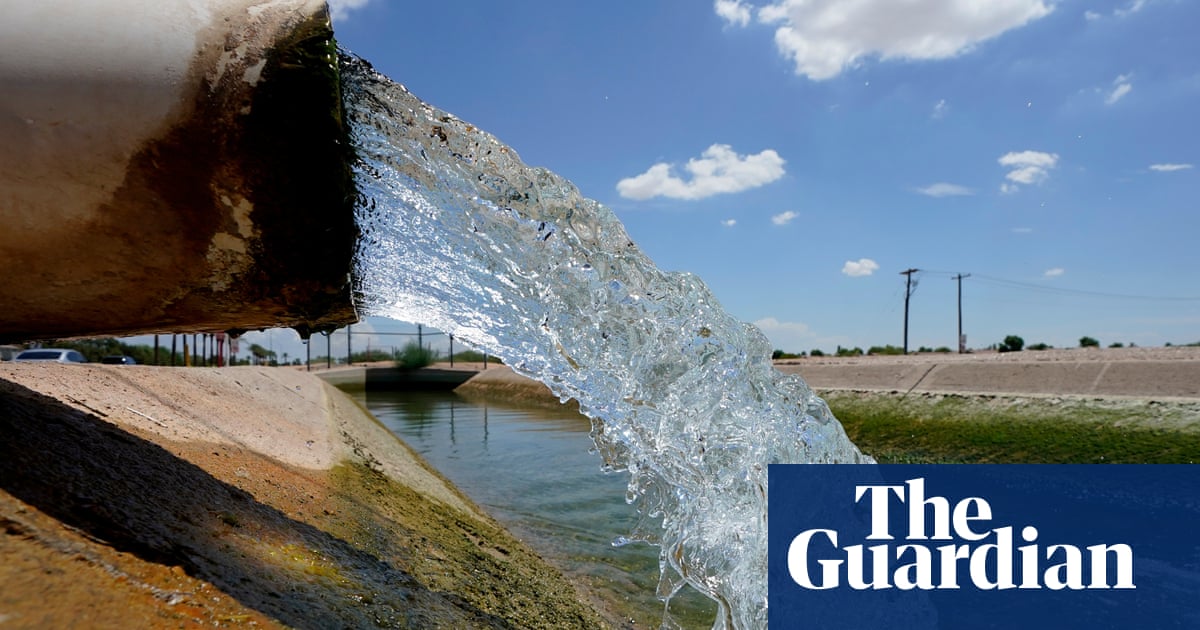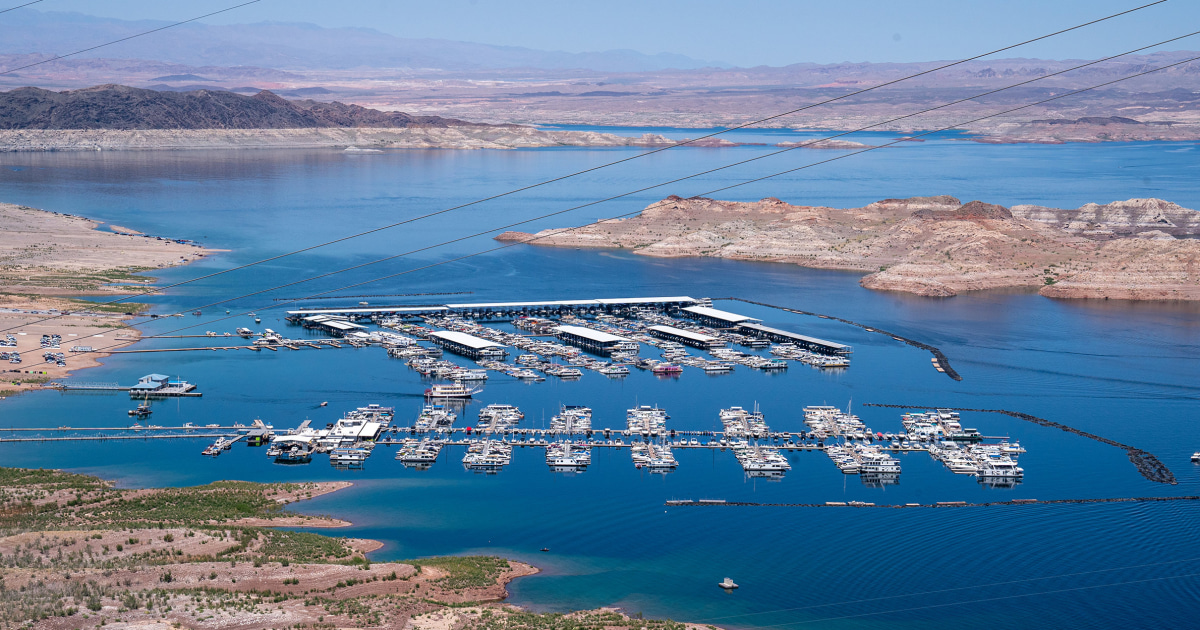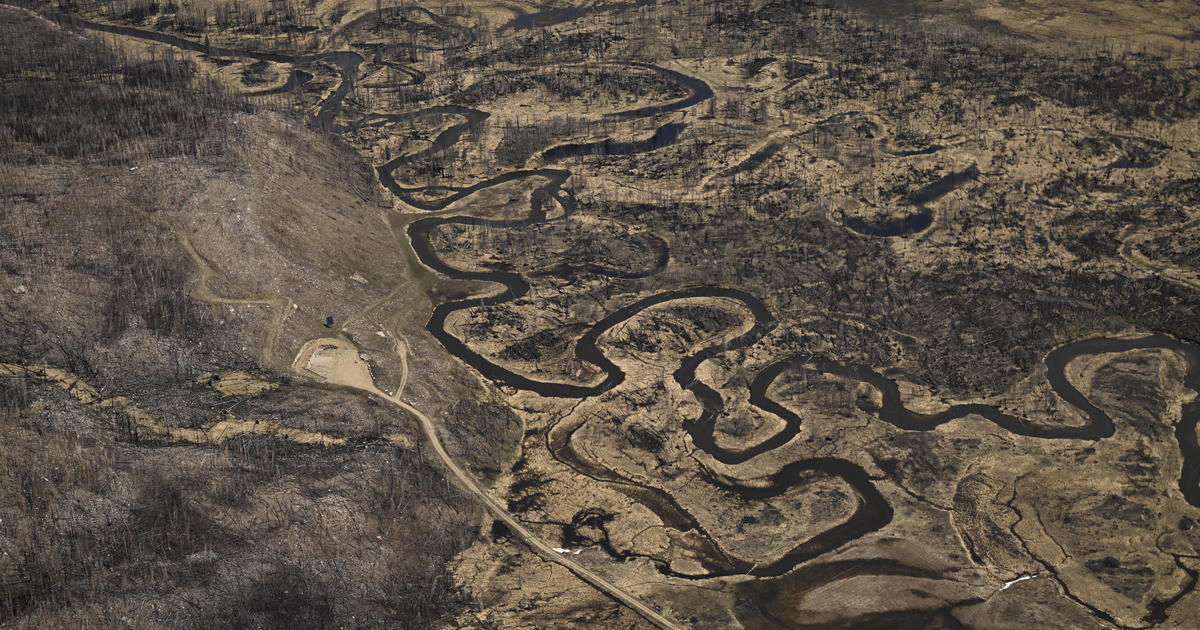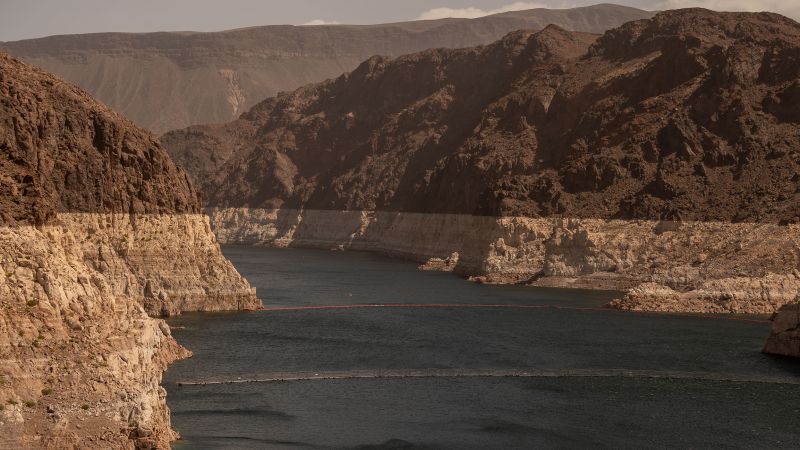The Facts
California, Arizona, and Nevada have agreed to cut their consumption of water from the Colorado River over the next four years to preserve water levels at Lake Mead and Lake Powell, America's largest freshwater reservoirs. The seven states in the Colorado River basin have given their approval to the proposed deal.
The deal with the US Dept. of the Interior will see the three states cut water consumption by 2.3M acre-feet — a 13% reduction in use — in exchange for at least $1B in federal compensation, with most of the money being distributed to cities, irrigation districts, and Native American tribes. (One acre-foot is equivalent to roughly 326K gallons.)
The Spin
Pro-establishment narrative
This deal is proof that Washington DC and the states can still get things done. The Colorado River is the lifeblood of the American West, and pending final approval, a new plan will be put in place to avert an environmental catastrophe. The seven states of the Colorado River basin, representing Democratic and Republican governments, have agreed to this new plan, which should give us hope that bipartisan progress can be made on issues of the environment and conservation.
Establishment-critical narrative
80% of the Colorado River is diverted into industry and agriculture, and it remains to be seen if the state and federal governments have the courage to take on big business. The plan focuses on net total reductions, with little mention of the uses of precious water. Oil and gas drilling and environmentally destructive cattle farms soak up billions of gallons of water, and there's no solution to the climate-induced water crisis without reining in wasteful business practices.












